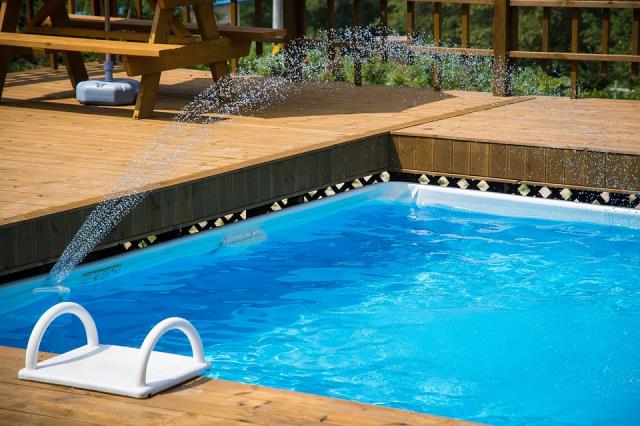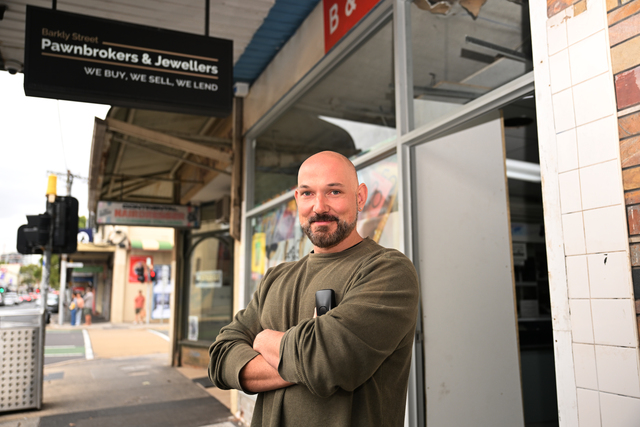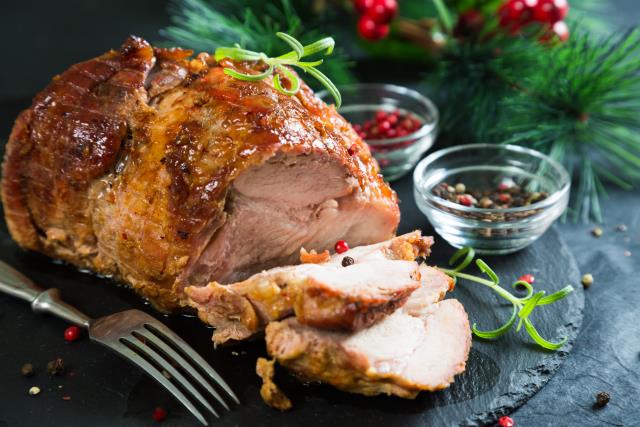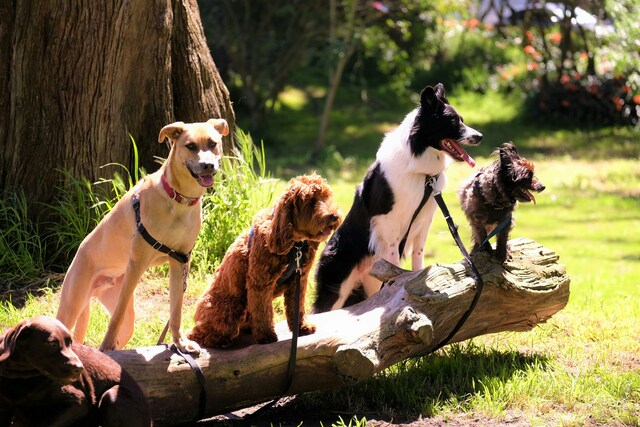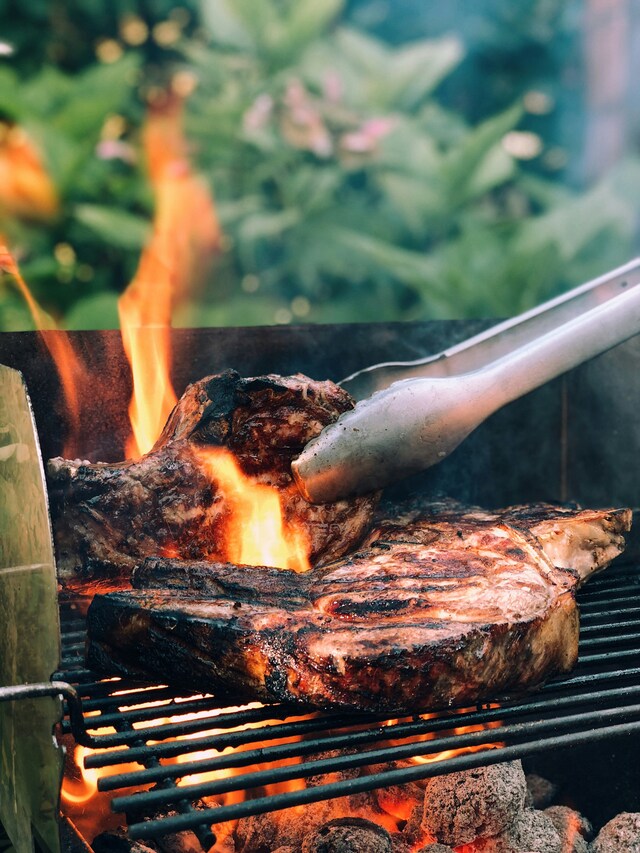Plastic rubbish was found in the stomach of a pregnant whale that was euthanised after desperate efforts to save it, authorities said on Thursday.
The 2.4 metre pygmy sperm whale was found on May 21, washed up in Jawbone Marine Sanctuary at Williamstown.
Rescue crews tried to take the whale into deeper waters but it couldn’t swim unaided and was listing to one side.
A post-mortem examination was conducted at Werribee veterinary school to determine what caused the whale to become beached.
The Department of Environment, Land, Water and Planning (DELWP) and Zoos Victoria urged the public to properly dispose of rubbish in the wake of the finding.
“The findings of the plastic in this whale’s stomach is very disturbing and another timely reminder to the community and visitors to not throw plastic and other rubbish into the bay,” said Dr Michael Lynch, head of Melbourne Zoo’s Veterinary Services and AGL Marine Response Unit.
“Zoos Victoria’s ‘When balloons fly, seabirds die’ campaign seeks to highlight how all types of plastics and foreign materials, including balloons and attachments, can end up on oceans and waterways, harming marine life and seabirds through ingestion and entanglement.”
Altona marine ecologist Matthew McArthur, who recently returned from an Antarctic deployment, said volunteers with local Beach Patrol litter-removal groups regularly removed rubbish along Hobsons Bay’s foreshore.
“Perhaps the more worrying part of the situation is that once an animal dies and decomposes, the plastic ingested by or entangling the animal is still drifting along in the sea and can cause further problems,” he said.
DELWP senior wildlife officer Suriya Vij said humpback whales had this week been seen in Port Phillip Bay on their annual migration up the east coast of Australia.
“There are rules and regulations in place to protect both humans and marine mammals including recreational boats staying 200 metres away from a whale,” she said.
“Penalties up to $3000 can apply to people that dispose of food or waste in the water within the caution zone of a marine mammal.”
Sightings of whales in trouble should be reported to DELWP’s whale and dolphin emergency hotline on 1300 136 017.


